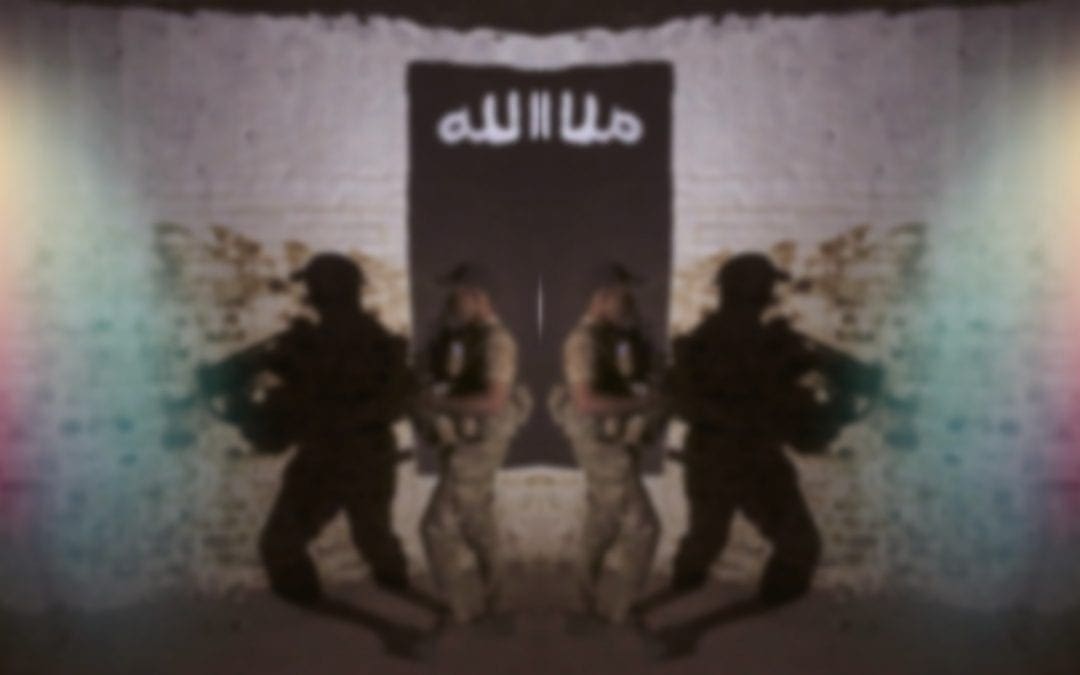By Anne Speckhard*, Ardian Shajkovci** and Hamid Sebaly***
At a recent counterterrorism conference held by the International Center for the Study of Violent Extremism in Brussels, Belgium, a
EU Counterterrorism Coordinator Gilles de Kerchove highlighted the need for strategic messaging to delegitimize groups and ideologies like that of al Qaeda and the Islamic State. Belgian OCAD Deputy Director Gert Vercauteren spoke about the value of using the accounts of ISIS insiders, such as in the ” ICSVE Breaking the ISIS Brand
While European governments feared until very recently a flood of returning foreign fighters who might be ideologically indoctrinated and weaponized, the fact is that many of these males have been killed. The West is instead surprisingly confronted with the need to grapple over the fates of ISIS women and children. The Belgian-born but ISIS-raised Sara spoke about her life imprisoned in a Syrian detention camp, due to her mother
The underage citizens of the West, especially those whose citizenship is established not by place of birth but by blood, and who were taken or born into ISIS by no fault of their own, indeed have a legal right to return home. Moreover, Western laws and legal traditions do not allow for imprisoning young children, nor for prosecuting the very young for criminal acts, nor for holding them responsible for the criminal and mistaken actions of their parents.
Approximately 600 young and underage foreign citizens are being held with their ISIS mothers in detention facilities in Iraq and Syria. The Syrian Defense Forces and the government of Rojava (in Northern Syria) would like these children and their parents to be sent home, but public opinion in many European countries, like Belgium, precludes that option at present.
These children’s traumatic experiences (and, in a few cases, indoctrination) are arguments for, not against, our swiftly bringing them into rehabilitation, as opposed to allowing them to be held untreated in far-away detention camps. None of these children are so damaged as to make them “throwaway” children.
While Vercauteren warned about the dangers of radicalized individuals, he also rightly pointed out that it is human to make mistakes and said that we must reintegrate those former ISIS members who have rehabilitated themselves and renounced the group.
Those gathered in Brussels puzzled over the exodus of over 5,000 Western European citizens traveling to Syria and Iraq. They questioned whether they were seeking dignity, significance, belonging, a purpose, adventure, enrichment, love, or a myriad of other possible reasons. They also questioned how many of these travelers to ISIS sought to protect innocents against the atrocities of Bashar Assad’s government while Western governments were slower to act. Or was it simply that they preferred life in the so-called caliphate over their own lives in the West?
Belgian-born but ISIS-raised Sara’s video was short and to the point, as she spoke about having no school in the Syrian camp in which she is held in detention and about wanting to come home to Belgium. Her words were met with silence as the audience was asked to make up its own mind as to whether children as young as Sara could really constitute a security threat in the heart of Europe.
The opinion of many who work in the security sector and who know what constitutes real versus imagined threats is to bring them home, particularly the women and children — most who are not people we need to fear. Those who can and deserve to be prosecuted can be sentenced to serve their prison time, and
Sara, and children like her, just want to come home; to be vaccinated, live with heat in the winter, as opposed to now-freezing camp conditions; to go to school and recover a normal life distant from the conflict zones they have lived under for far too long already.
This article was first published on December 16,
About the Authors:
* Anne Speckhard, Ph.D., is Director of the International Center for the Study of Violent Extremism (ICSVE) and serves as an Adjunct Associate Professor of Psychiatry at Georgetown University School of Medicine. She has interviewed over 600 terrorists, their family members and supporters in various parts of the world including in Western Europe, the Balkans, Central Asia, the Former Soviet Union
**Ardian Shajkovci, Ph.D. – is the Director of Research and a Senior Research Fellow at the International Center for the Study of Violent Extremism (ICSVE). He has been collecting interviews with ISIS defectors and studying their trajectories into and out of terrorism as well as training key stakeholders in law enforcement, intelligence, educators, and other countering violent extremism professionals on the use of counter-narrative messaging materials produced by ICSVE both locally and internationally. He has also been studying the use of children as violent actors by groups such as ISIS and how to rehabilitate them. He has conducted fieldwork in Western Europe, the Balkans, Central Asia, Africa, and the Middle East,
*** Hamid Sebaly, Director, ICSVE Europe

